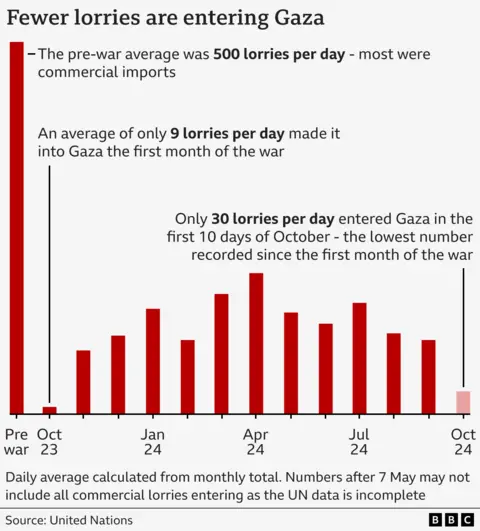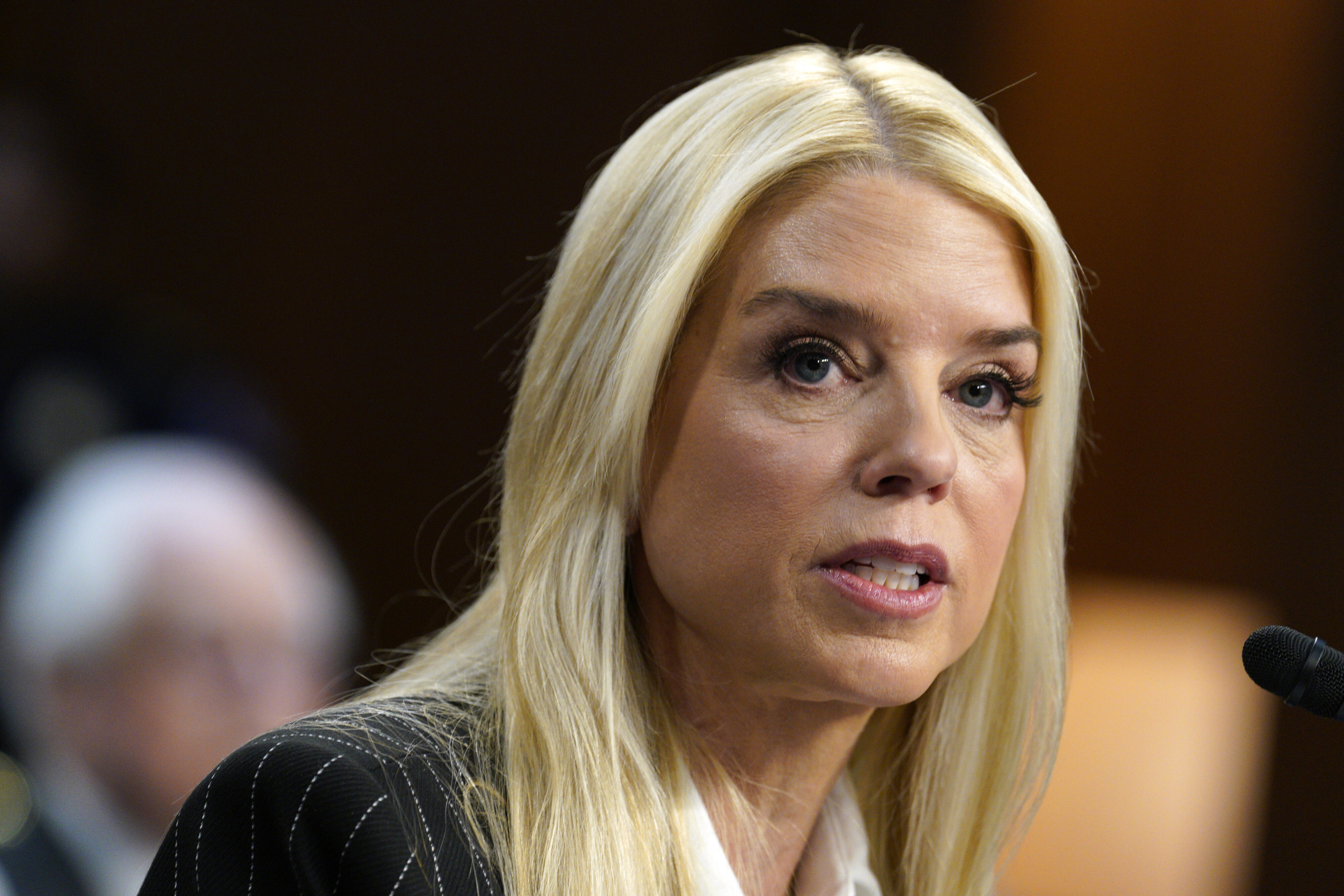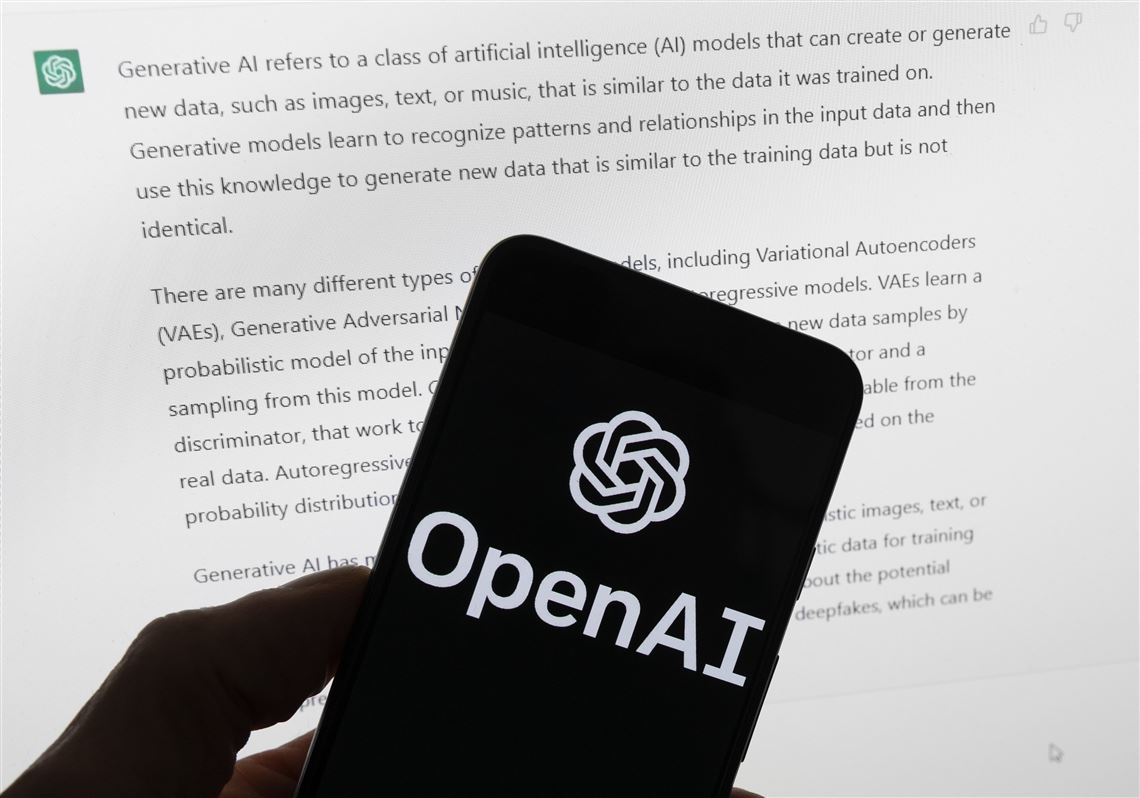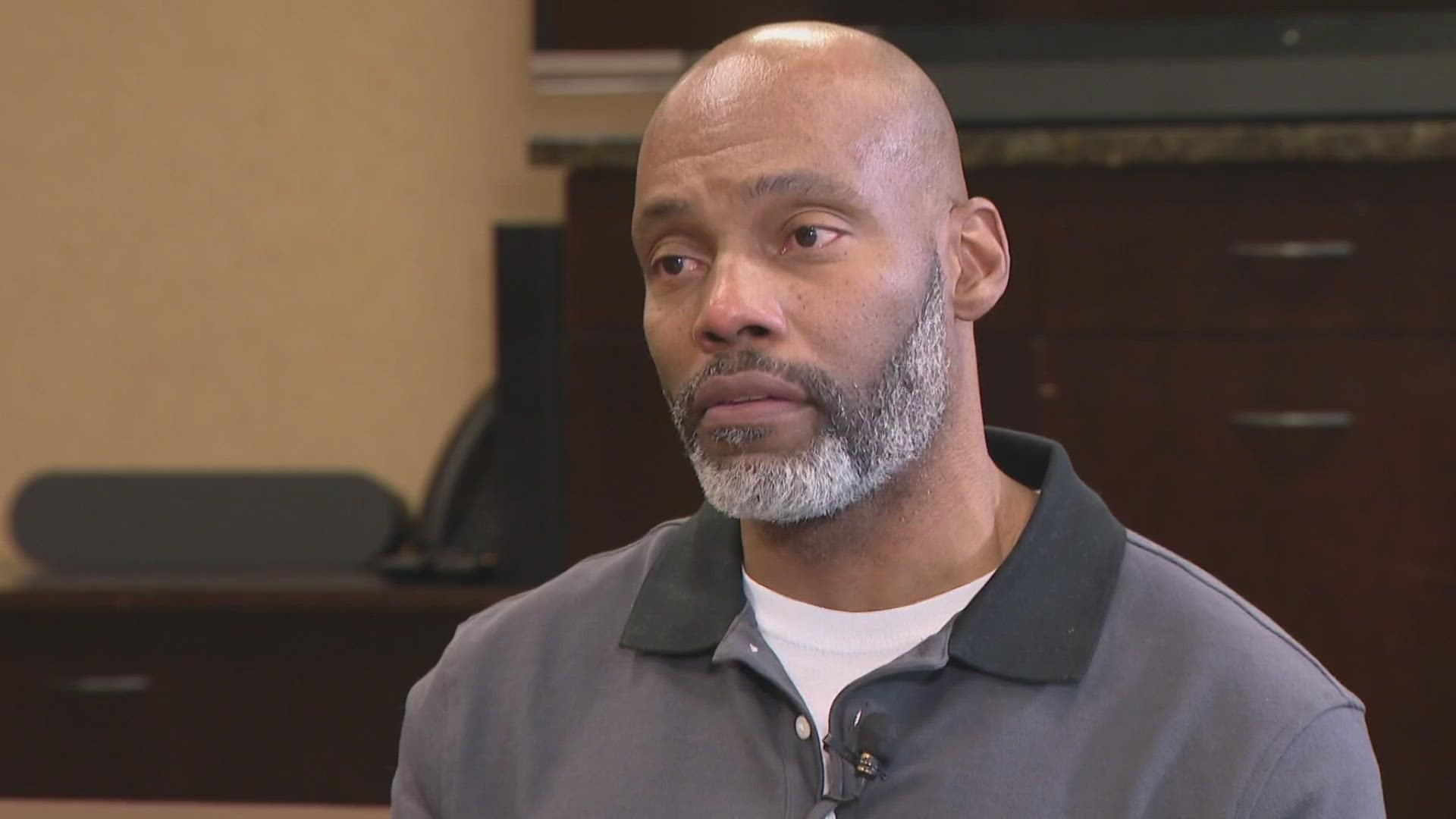Israel Under Scrutiny For Gaza Aid Blockade As Resources Deplete

Table of Contents
The Humanitarian Impact of the Gaza Aid Blockade
The consequences of the prolonged Gaza aid blockade are devastating, impacting every facet of life for the Gazan population. The lack of access to essential resources has created a humanitarian crisis of immense proportions.
Widespread Shortages of Essential Goods
The blockade severely restricts the flow of essential goods into Gaza, resulting in widespread shortages and impacting the daily lives of over two million people. These shortages create a vicious cycle of poverty and suffering.
- Food shortages: Limited access to nutritious food leads to malnutrition, particularly among children and pregnant women. Reports from aid organizations reveal alarming rates of stunting and wasting.
- Medicine shortages: The lack of essential medicines impacts the treatment of chronic diseases and the ability to respond to medical emergencies. Many hospitals lack basic supplies and equipment.
- Fuel shortages: Restricted fuel imports limit access to electricity, impacting essential services like hospitals, water purification plants, and sanitation systems.
- Electricity shortages: Frequent and prolonged power outages disrupt daily life, hinder economic activity, and negatively affect healthcare facilities.
The impact is stark: Malnutrition rates are soaring, disease outbreaks are becoming more frequent, and access to healthcare is severely limited. The World Health Organization (WHO) reports a dramatic increase in preventable diseases due to inadequate sanitation and healthcare resources. "The situation is dire," states a recent report from Doctors Without Borders, "with families struggling to meet even their basic needs."
The Deteriorating Infrastructure
Years of conflict and the ongoing blockade have severely damaged Gaza's already fragile infrastructure. The lack of building materials and access to skilled workers further exacerbates the problem.
- Damaged water systems: The limited access to clean water contributes to outbreaks of waterborne diseases and further compromises public health.
- Inefficient power plants: The power grid is constantly strained due to limited fuel supplies, leading to frequent and extended power outages.
- Compromised sanitation systems: Poor sanitation conditions contribute to the spread of infectious diseases and severely impact public health.
The deterioration of Gaza's infrastructure is not merely an inconvenience; it's a critical factor driving the humanitarian crisis. The lack of access to clean water, electricity, and sanitation disproportionately impacts vulnerable populations, including women, children, and the elderly.
The Psychological Toll on the Civilian Population
The constant threat of violence, poverty, and restricted movement has had a profound psychological impact on the civilian population.
- High rates of PTSD: Prolonged exposure to conflict and violence leads to high rates of Post-Traumatic Stress Disorder (PTSD).
- Increased depression and anxiety: The bleak economic conditions and uncertainty surrounding the future contribute to widespread depression and anxiety.
- Limited access to mental health services: The scarcity of mental health professionals and resources leaves many suffering in silence.
The psychological toll of the blockade is often overlooked, but its impact is devastating. Many Gazans are struggling with trauma, depression, and anxiety, with limited access to the care they desperately need. "The psychological wounds are as deep as the physical ones," explains a mental health professional working in Gaza.
Israel's Justification for the Gaza Aid Blockade
Israel justifies the blockade by citing security concerns and the need to prevent weapons smuggling into Gaza. However, this justification is met with intense criticism.
Security Concerns and Prevention of Weapon Smuggling
Israel argues that the blockade is necessary to prevent Hamas and other militant groups from acquiring weapons and carrying out attacks against Israeli civilians.
- Effectiveness of the blockade: Critics question the effectiveness of the blockade in achieving this goal, citing the continued ability of militants to obtain weapons.
- Alternative solutions: Many argue that less restrictive measures could achieve the same security goals without causing widespread humanitarian suffering.
- Proportionality of the response: The immense suffering inflicted on the civilian population raises questions about the proportionality of the blockade as a security measure.
While Israel’s security concerns are understandable, the blockade’s devastating humanitarian consequences raise serious ethical and legal questions.
Allegations of Collective Punishment
The blockade has been widely condemned as a form of collective punishment, violating international humanitarian law.
- International law and collective punishment: International law prohibits the collective punishment of civilians.
- Analysis of the blockade: The blockade disproportionately impacts the civilian population, raising serious concerns about whether it constitutes collective punishment.
- Statements from human rights organizations: Human rights organizations have consistently condemned the blockade as a violation of international law.
The severity and prolonged nature of the blockade raise significant concerns regarding its legality under international law.
International Response and Calls for Action
The international community has expressed growing concern over the humanitarian crisis in Gaza.
Statements from International Organizations
International organizations like the UN and EU have consistently condemned the blockade and called for increased humanitarian access to Gaza.
- UN reports: The UN has issued numerous reports detailing the dire humanitarian situation in Gaza.
- EU statements: The EU has repeatedly urged Israel to ease the blockade and increase humanitarian aid to Gaza.
- Statements from other international bodies: Various international bodies have expressed similar concerns and calls for action.
The international community’s statements are vital in raising global awareness, but stronger actions are needed to alleviate the suffering in Gaza.
Pressure from Humanitarian Groups and Civil Society
Humanitarian groups and civil society organizations are actively campaigning to raise awareness about the crisis and pressure Israel to end the blockade.
- NGO campaigns: Numerous NGOs are working to provide humanitarian aid to Gaza and advocating for an end to the blockade.
- Civil society mobilization: Civil society groups are mobilizing public opinion and advocating for political pressure on Israel.
- Online and offline activism: A broad range of activist groups are leveraging various platforms to raise awareness and demand change.
Increased pressure from the international community and civil society is crucial to break the stalemate and bring about positive change.
Conclusion
The ongoing Gaza aid blockade is causing a catastrophic humanitarian crisis, with devastating consequences for the civilian population. While Israel cites security concerns, the blockade's impact raises serious questions regarding international law and the principles of collective punishment. The international community must act decisively to alleviate the suffering of Gazans and push for a sustainable solution that addresses both humanitarian needs and security concerns. We must demand an end to the suffering caused by the Gaza aid blockade and advocate for immediate action to provide essential resources and alleviate this crisis. Let's actively participate in raising awareness and supporting organizations working to address the dire situation in Gaza. Ending the Gaza aid blockade requires immediate and sustained action from the international community. Let’s demand a just and lasting solution.

Featured Posts
-
 Us Attorney Generals Warning To Minnesota Compliance With Transgender Athlete Ban
Apr 29, 2025
Us Attorney Generals Warning To Minnesota Compliance With Transgender Athlete Ban
Apr 29, 2025 -
 Akesos Disappointing Cancer Drug Trial Results Lead To Stock Plunge
Apr 29, 2025
Akesos Disappointing Cancer Drug Trial Results Lead To Stock Plunge
Apr 29, 2025 -
 Adidas Anthony Edwards 2 A First Look At The New Signature Shoe
Apr 29, 2025
Adidas Anthony Edwards 2 A First Look At The New Signature Shoe
Apr 29, 2025 -
 Will Pitchers Name Crack The Mets Starting Rotation A Performance Review
Apr 29, 2025
Will Pitchers Name Crack The Mets Starting Rotation A Performance Review
Apr 29, 2025 -
 Chat Gpt And Open Ai Face Ftc Investigation Key Questions Answered
Apr 29, 2025
Chat Gpt And Open Ai Face Ftc Investigation Key Questions Answered
Apr 29, 2025
Latest Posts
-
 Ohio Doctors Murder Conviction Sons Emotional Journey Before Parole Decision
Apr 29, 2025
Ohio Doctors Murder Conviction Sons Emotional Journey Before Parole Decision
Apr 29, 2025 -
 Parole Hearing Looms For Ohio Doctor Convicted Of Killing Wife 36 Years Ago
Apr 29, 2025
Parole Hearing Looms For Ohio Doctor Convicted Of Killing Wife 36 Years Ago
Apr 29, 2025 -
 36 Years Later Ohio Doctors Son Confronts Fathers Past Ahead Of Parole Hearing
Apr 29, 2025
36 Years Later Ohio Doctors Son Confronts Fathers Past Ahead Of Parole Hearing
Apr 29, 2025 -
 Son Grapples With Emotion As Ohio Doctor Convicted Of Wifes Murder Faces Parole
Apr 29, 2025
Son Grapples With Emotion As Ohio Doctor Convicted Of Wifes Murder Faces Parole
Apr 29, 2025 -
 Ohio Doctors Parole Hearing Sons Struggle 36 Years After Mothers Murder
Apr 29, 2025
Ohio Doctors Parole Hearing Sons Struggle 36 Years After Mothers Murder
Apr 29, 2025
